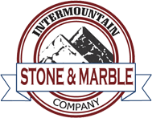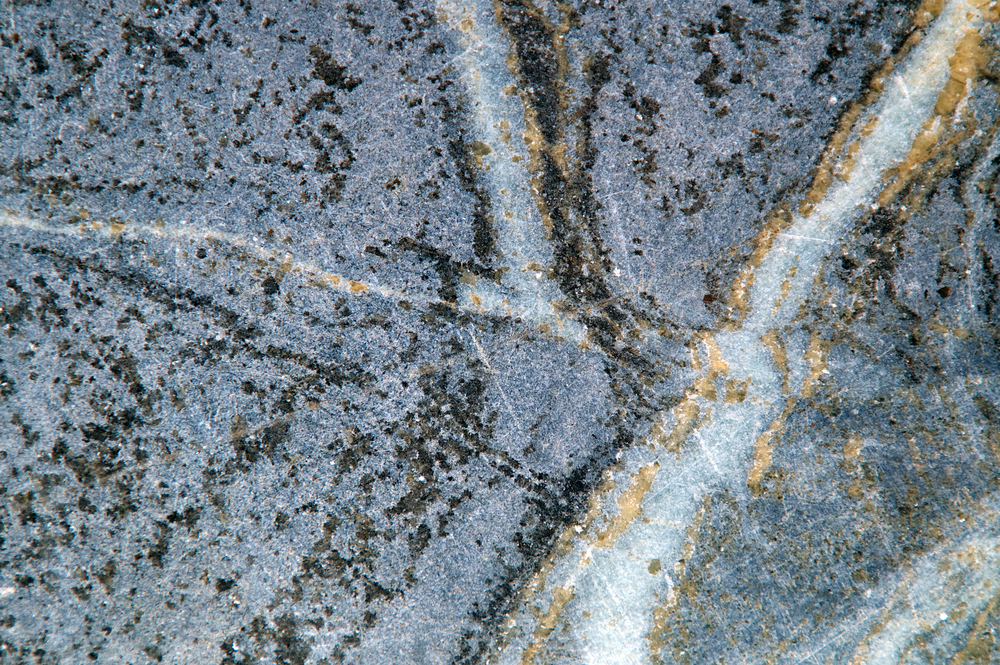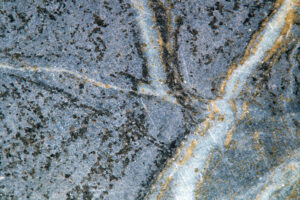When choosing stone countertops, their hardness level is an important factor.
Just like hardwoods, there’s an official ranking system for stone, and it was designed by Friedrich Mohs. This German mineralogist created the Mohs Scale in 1812, and it’s been used ever since to determine which stones are the toughest, most durable and most likely to stand up to abuse (think kids and home chefs).
The toughest stone is talc with an absolute hardness 1 rating. You can’t get a talc countertop — the closest is soapstone, which has a lot of talc embedded in it. It looks a bit like slate with a milky, natural appearance. However, due to the makeup of soapstone, which requires chlorite, dolomite, and magnesite in addition to talc, it’s actually more pliable than granite.
Tough Stuff
Oh the Mohs scale, the hardest stone countertop that’s actually available is quartz, at No. 7. Numbers 2 through 6 are certainly sturdy, but for myriad reasons, they don’t make for good countertops.
Surprisingly, quartz has an absolute hardness 100 rating. Compare that to diamonds, with an absolute hardness of 1,500, and you can see how hard quartz really is. Quartz is a popular choice partly because of its hardness, and partly because it’s virtually maintenance free. However, some homeowners prefer the looks of other stones.
The Mohs scale has been adjusted to account for stone countertop options today.
According to this new scale, the hardest is soapstone, followed by slate, which ranges in hardness, depending on processing and the slab itself. Next is marble and limestone, then travertine, sandstone and granite.
Natural quartz falls below all these in hardness, but keep in mind that the vast majority of quartz counters are processed (and as such don’t count as a natural stone for these scales).
What Does Hard Mean?
Hard can mean many things, but for stone countertops it means how easily a stone can be scratched or scratch other surfaces. If two stones can scratch each other, they have the same amount of hardness. Mohs created the scale to compare items.
However, hardness is just one factor to consider when choosing a stone. Color, cleavage, luster, price and ease of maintenance are also important factors.
For many homeowners, a stone’s hardness is a high priority because they know their kitchen is a high-traffic area. Homeowners with children or clumsy housemates might feel more secure with a harder stone countertop.
Choosing the right stone countertop is a personal choice and should involve research and talking with an expert. Some homeowners choose on looks alone or by what they’ve heard, but that can be a big mistake. Instead, talk to the pros at Intermountain Stone & Marble to make an informed decision about the best stone countertop for you.


